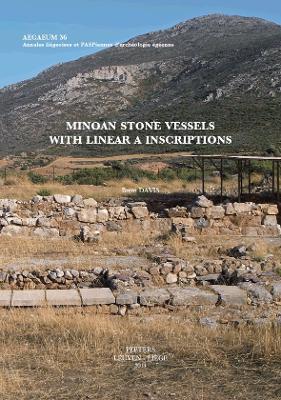Aegaeum (Annales d'archeologie egeenne de l'Universite de Liege et UT-PASP)
1 primary work
Volume 36
Inscribed Minoan stone vessels are ritual gifts that index their dedicants’ intention that both their gift and their name should survive permanently at the place of dedication. These vessels contained offerings, yet the vessels themselves were also offerings, serving as permanent records of a ritual act. These rituals were most likely communal, incorporating group feasting and drinking. The seasonality of these rituals suggests that they were focused on the cycle of life: fertility, birth, death and renewal. Offerings left with the vessels suggest that these rituals also addressed other, more personal concerns. As for Linear A itself: the language behind the script appears to contain a fairly standard phonemic inventory, though there are hints of additional, more exotic phonemes. The morphology of the language appears to involve affixation, a typical mode of inflection in human languages. The presence of significant prefixing tends to rule out PIE as a parent language, while the word-internal vowel alternations typical of Afroasiatic verbal inflection are nowhere to be found in this script. In the end, Linear A appears most likely to represent a non-IE, non-Afroasiatic language, perhaps with agglutinative tendencies, and perhaps with VSO word order.
